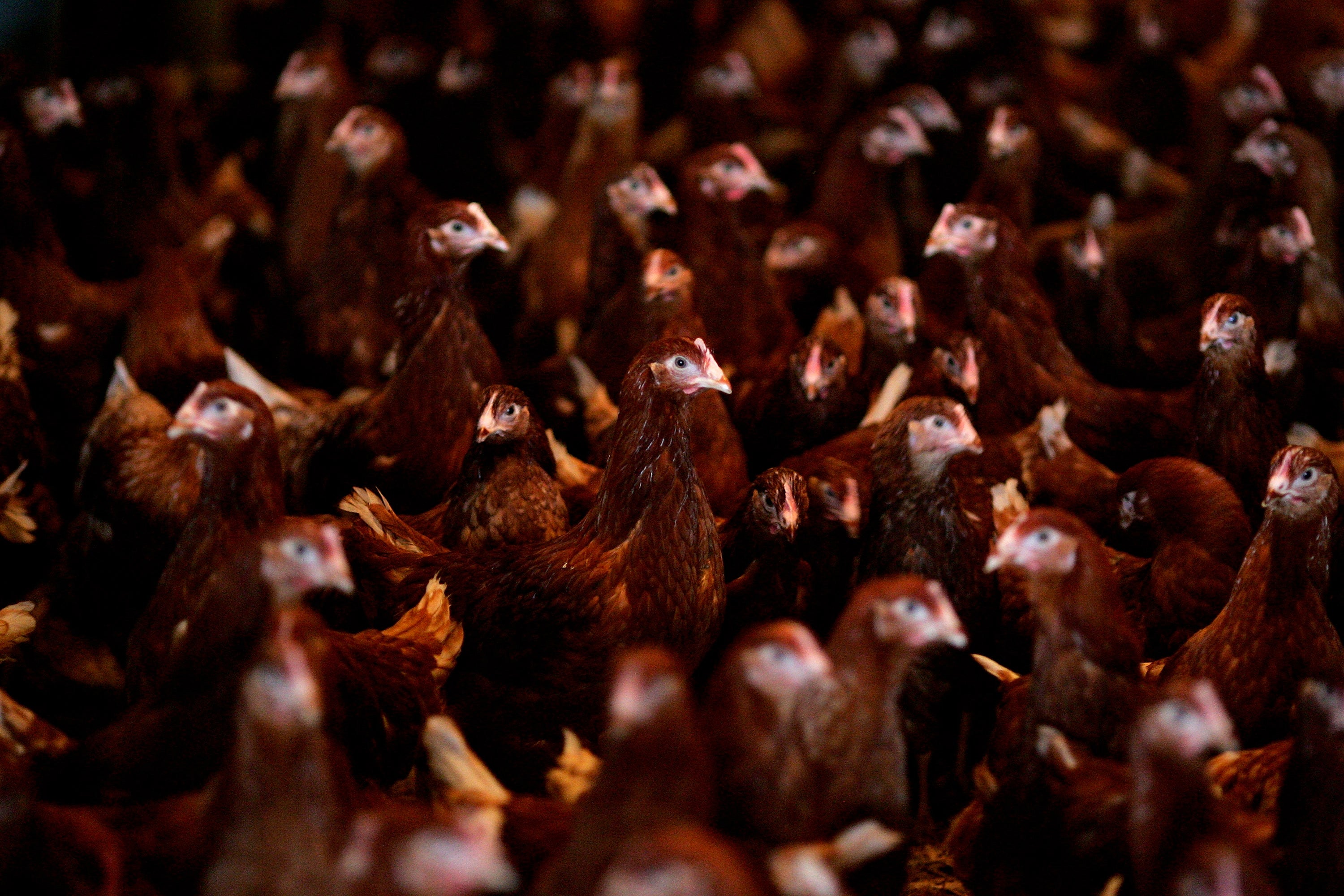More bird flu cases recorded across the UK
The infected birds were found in North Wales

Your support helps us to tell the story
From reproductive rights to climate change to Big Tech, The Independent is on the ground when the story is developing. Whether it's investigating the financials of Elon Musk's pro-Trump PAC or producing our latest documentary, 'The A Word', which shines a light on the American women fighting for reproductive rights, we know how important it is to parse out the facts from the messaging.
At such a critical moment in US history, we need reporters on the ground. Your donation allows us to keep sending journalists to speak to both sides of the story.
The Independent is trusted by Americans across the entire political spectrum. And unlike many other quality news outlets, we choose not to lock Americans out of our reporting and analysis with paywalls. We believe quality journalism should be available to everyone, paid for by those who can afford it.
Your support makes all the difference.A number of new bird flu cases have been confirmed in both wild bird and poultry in North Wales.
The birds were found at premises in Wrexham and temporary control zones have been imposed by the government around the site in an attempt to stop the disease from spreading. An investigation is also underway.
Wales’ Chief Veterinary Officer Christianne Glossop said on Monday that the H5N1 strain had been identified in the area.
It is thought that the infections have stemmed from dead wild birds which were found in the area that tested positive for the virus.
In England, a case of avian flu was confirmed at a wild bird rescue centre in Droitwich Spa, Worcestershire last month.
This resulted in a control zone being put in place around the infected premises and all birds on site being humanely culled.
There have been no confirmed cases of bird flu in Wales since January when it was discovered in Anglesey among pheasants.
Scotland and Northern Ireland have escaped case-free in the 2021 to 2022 season with no confirmed cases of the virus recorded in either nation.
According to the UK Health Security Agency, bird flu poses a very low risk to the health of the general public.
Meanwhile, the UK government said: “The Food Standards Agency has said that on the basis of the current scientific evidence, avian influenza poses a very low food safety risk for UK consumers.
“Properly cooked poultry and poultry products, including eggs, are safe to eat.”
The NHS website says that in very rare cases, bird flu can affect humans.
It points out, however, that it is spread by “close contact with an infected bird (dead or alive)” and cannot be caught by “eating fully cooked poultry or eggs, even in areas with an outbreak of bird flu.”
The Royal Society for the Protection of Birds (RSPB) said that to date “there have been no cases of humans being infected with highly pathogenic avian influenza in the UK.”
Join our commenting forum
Join thought-provoking conversations, follow other Independent readers and see their replies
Comments